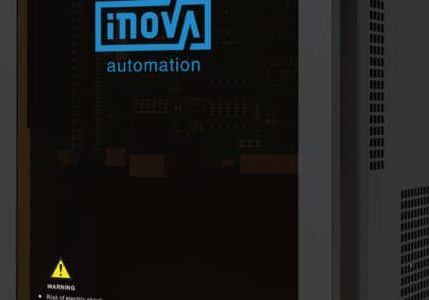Manufacturing Milestone
Sep 3, 2021
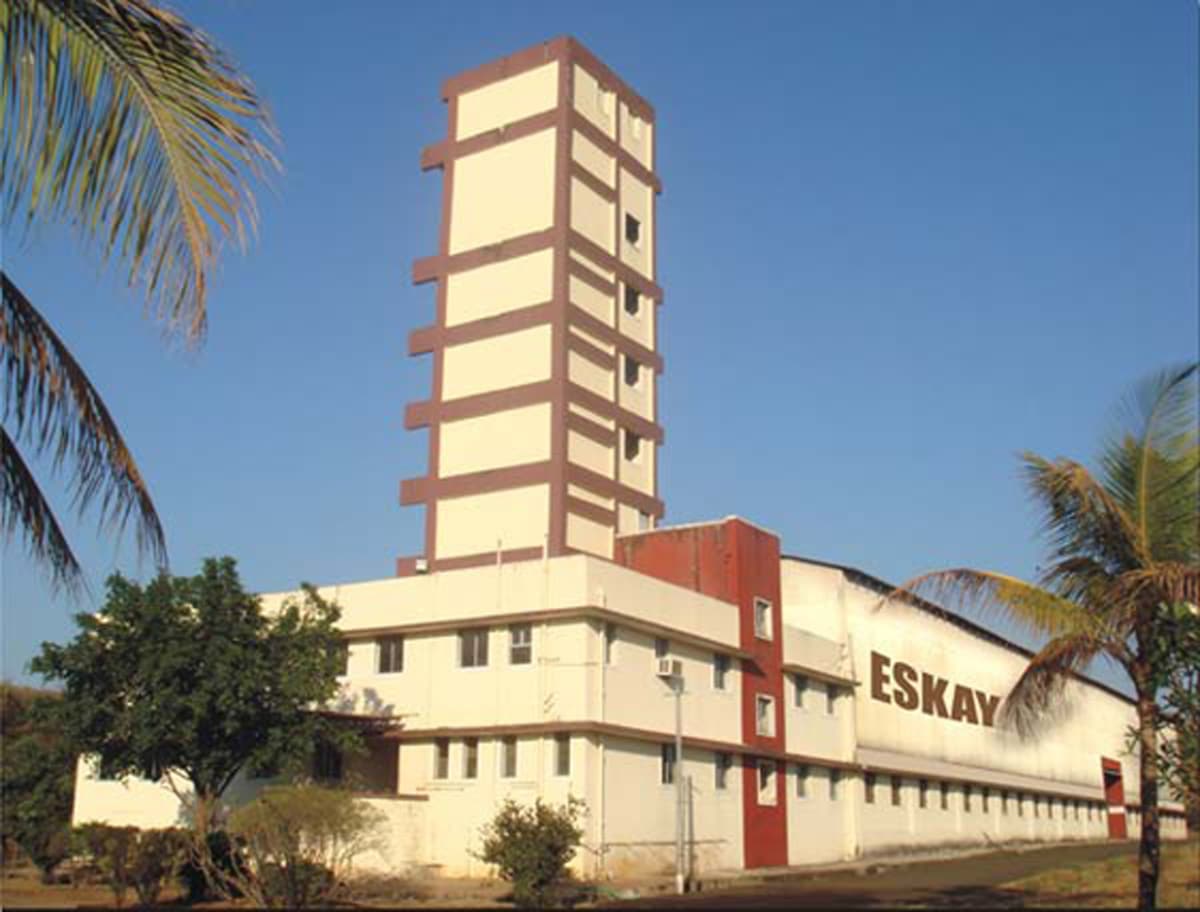
Eskay Elevators CEO looks back on the manufacturing company’s 25-year achievement.
Karan Turakhiya (KT), CEO of Eskay Elevators India Pvt. Ltd., shares with your author (SSP) perspectives on achieving the Silver Jubilee milestone.
SSP: How does it feel to have attained such an important milestone?
KT: The feeling can’t be put into words. For something that started as an entrepreneurial, passion-driven business and has since metamorphosed into a process- and systems-driven, technocrats-led, professionally run corporate company — that’s something of an achievement in itself.
A strong sense of pride prevails in every member of Eskay Elevators because we pioneered “Make in India” way back in 1996, and today our honorable prime minister strongly pushes for the same.
When we look back at what we have delivered over the last 25 years, we are filled with gratitude toward all those who gave us an opportunity to serve them. We promise that the legacy of Eskay is here to stay. With 5,500-plus installations, 1,000-plus clients, 30-plus cities and 25 years, we are more motivated to serve our clients better.
SSP: What is the significance of this achievement in your company’s growth story?
KT: The Silver Jubilee year of Eskay Elevators signifies our company’s determination to succeed. Our focus has been on addressing the core issues that developers face when it comes to installing elevators.
While we have an array of standardized products and services, we also provide developer-specific design solutions to resolve nonstandard-shaft-related issues, for which Eskay has a state-of-the-art manufacturing plant, one of the first of its kind to be established by an Indian brand.
With a promise to deliver quality and a commitment to serve all, the first 25 years have been an amazing journey with its ups and downs. The learnings of the last couple of decades have positioned us for the second leg of our journey, which will see Eskay rise to the next level. We would like to reiterate our commitment to delivering the best quality products and service at prices that justify the value we deliver.
SSP: How has Eskay Elevators contributed to the development of the elevator industry?
KT:Eskay has been a pioneer in the Indian elevator industry. We were one of the first companies to have end-to-end manufacturing set up with our indigenous microprocessor CANbus-based controller system. We were the early adopters of the permanent magnet synchronous motor (MSM) gearless technology and used it in various applications, including high-speed automobile elevators. In terms of design and material innovation, Eskay was a step ahead in the market with its use of glass, leather, onyx, sleeper wood and steel in various finishes.
Our factory became the leading employer in the Wada Industrial Area, Maharashtra. We set an example of how an Indian company can prepare itself to compete in a market that is dominated by multinational companies. Our core strength beyond our product lies in our excellent aftersales service, which is where we differentiate ourselves from the majority of our competitors.
SSP: How is quality ensured by Eskay?
KT:Each unit manufactured under strict quality standards at Eskay goes through rigorous testing to ensure that nothing but a perfect product is delivered to our customers. Continual improvisational change at our R&D facility ensures technology renewal on par with the international market and delivery of a top-of-the-line product tailored to the minutest detail to meet the requirements of our customer.
Eskay has a strong culture of customer service and a focus on high-quality maintenance of all the elevators in its portfolio. With our Eskay-cloud, we monitor the health and performance of our elevators in real time, which became the basis of our predictive-maintenance program.
SSP: As an industry leader, how do you see the transformation of the elevator industry over the years?
KT: The elevator industry has transformed tremendously in the last two decades and continues to evolve in terms of the product and services every year. As the majority of gadgets around us become smarter, the pressure on elevators to integrate with the smart world increases. Ranging from QR codes to interactive voice response- (IVR) supported elevators, we will see a huge influx of technology when it comes to user experience.
On the other hand, although the elevator is one of the most critical parts of any modern building, it has lost its importance on account of the industry’s behavior and focus.
About Karan Turakhiya
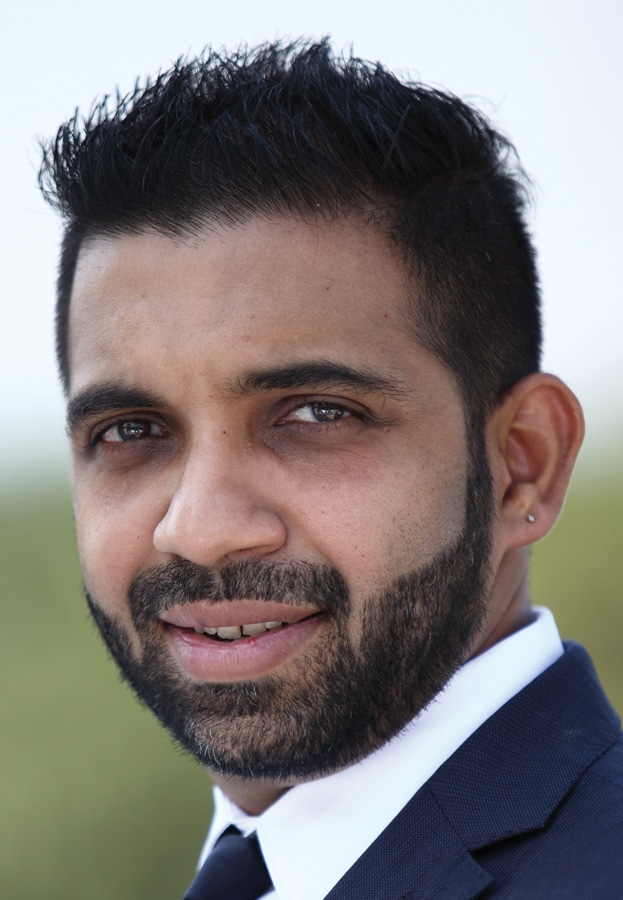
Karan Turakhiya, CEO, Eskay Elevators, has a management degree in organizational behavior from Case Western Reserve University, Weatherhead School of Management, in Cleveland, Ohio. As a member of a family of entrepreneurs, Turakhiya maintains business insights backed by strong academic background. Under his direction, Eskay Elevators has increased its turnover tenfold in a little over a decade. He has worked to upgrade the company in accordance with changes in the modern market. Based on what he says are his belief in justice, trust and loyalty, along with business values, Turakhiya has developed Eskay as a customer-oriented brand. On his arrival, he implemented a system toward continual improvement that increased productivity by 35% and reduced costs by 24% in five years. With a team of 120 employees, he conducted an Appreciative Inquiry Summit to develop various strategies that took planning definition from the boardroom to every employee. Turakhiya plans to expand the business and double the company’s turnover. Turakhiya is also active at Eskay Orga-Farms and believes that, as a group, it is the company’s social responsibility to give something back to society and the community.
The only factor of differentiation left is “price,” and companies are at a price war in an effort to maximize the market share. Average product quality has taken a huge hit with buyers focusing only on price, and the industry is giving in to such unreasonable pricing mechanisms that survival can be a challenge for a lot of small and medium-sized companies.
The industry needs to transform its image and focus on differentiating factors other than price. Quality and safety should form core pillars of the product we deliver. The industry needs to come together and set a benchmark in terms of quality and safety standards. A 40-story building is worthless without a safe, comfortable elevator. An unreliable, cheap-priced elevator of questionable quality puts at stake not only the lives of the residents but also the brand of the developer/builder and the elevator company.
SSP: What steps are taken by Eskay to stay abreast of the industry in terms of embracing technology, introducing innovation and expanding its portfolio of services? What are the challenges faced?
KT: Eskay has constantly focused on design improvements, making the product as lean as possible. Safety parameters are a constant driver of improvement and growth.
On the manufacturing front, we upgrade our machinery and designs on a regular basis to ensure that the best product is delivered every time. On the technology front, our R&D team constantly strives to bring the most innovative solutions for our clients.
Keeping in mind the current pandemic, we are now pushing our Bio-secure Human Interface Systems. We are also working on self-sanitizing cabins and a long-term sanitizing solution for lift cabins known as Sanitize-365.
The biggest challenge in today’s environment is that of providing quality solutions in a cost-efficient manner. Other critical challenges faced by the industry are lack of skilled manpower, a lack of formal training programs in the elevator/escalator industry and a lack of global code for elevator and escalator standards. Also, the lack of periodic mandatory checks of the health of elevators by licensing agencies allows poor-maintenance-related issues to slip by.
SSP: What are the new concepts and trends you foresee in the vertical-transportation (VT) industry and your plans for the future?
About the Eskay Group
Starting from realty and branching out into infrastructure and hospitality, the Eskay Group has attained milestones in every business segment. Year 1975 marked the beginning of Eskay, when its founder and CMD Suresh K. Turakhia arrived in Mumbai to begin his business. Ranging from oil to diamonds, construction to entertainment, and experience in a fast-growing economy, Eskay defined its core business based on its competencies and the founder’s vision in the construction industry.
As a step up in vertical integration based on the concerns of quality, cost and supply time, he established Eskay Elevators in 1996. At the turn of the century, Eskay strived in its pursuit of delivering a quality product maximizing customer satisfaction from a three-acre layout and manufacturing capacity of 1,000 elevators just on the outskirts of Mumbai at Wada, Thane. Eskay designs, manufactures, markets, installs and maintains AC 1 and variable voltage, variable frequency elevators ranging from 0.3 m/s to 2.5 m/s. Its product range consists of passenger, hospital, automobile, dumbwaiter and goods lifts, with geared, gearless and hydraulic machines.
KT: The near future calls for elevators that are environmentally friendly, as well as smart enough to seamlessly integrate into the user’s life. Elevators can start becoming more than just a VT provider. Cell phones, CCTV cameras, home-automation systems and automobile gadgets will all become linked to elevators, passing critical information to enhance the user experience.
At major commercial hubs, elevators today have already begun taking staff attendance, providing security access control and monitoring traffic flow using destination-based dispatch control systems. These systems will only become more commonly used across residential and other commercial spaces.
The entire elevator system will become more compact as time passes, releasing space for better alternative uses. From double-decker elevators to individual elevating pods, the future belongs to those who think ahead of the curve. One question I keep asking myself is, “Will elevators become a service provider and start paying for themselves and, if so, how?”
At Eskay Elevators, we are already imagining how the future will look. We are working on how we can integrate the elevator with users’ cell phones, cars and home-automation systems. We plan to invest in designing elevators that have reasonable capital expenditure and minimized operating expense for the client.
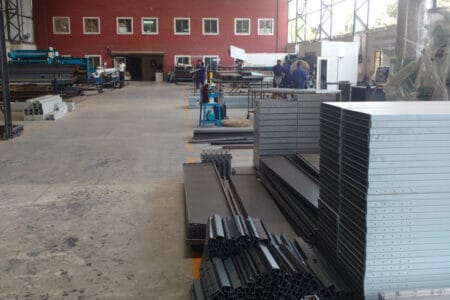
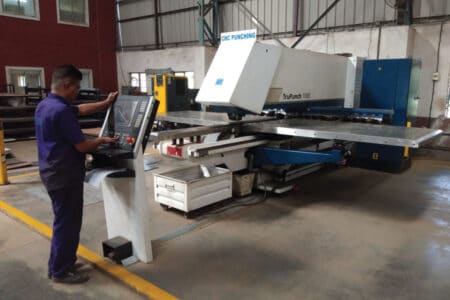
Get more of Elevator World. Sign up for our free e-newsletter.






